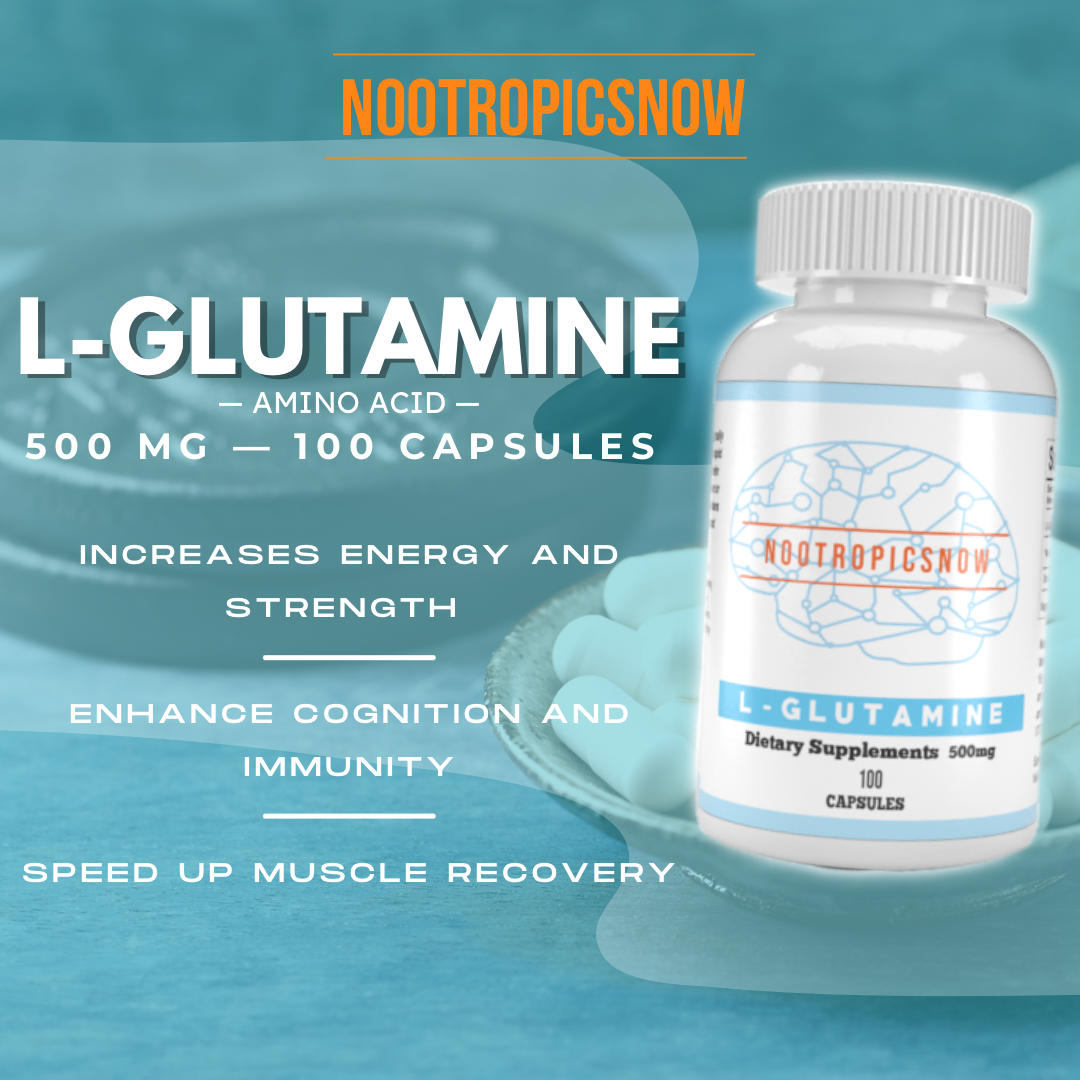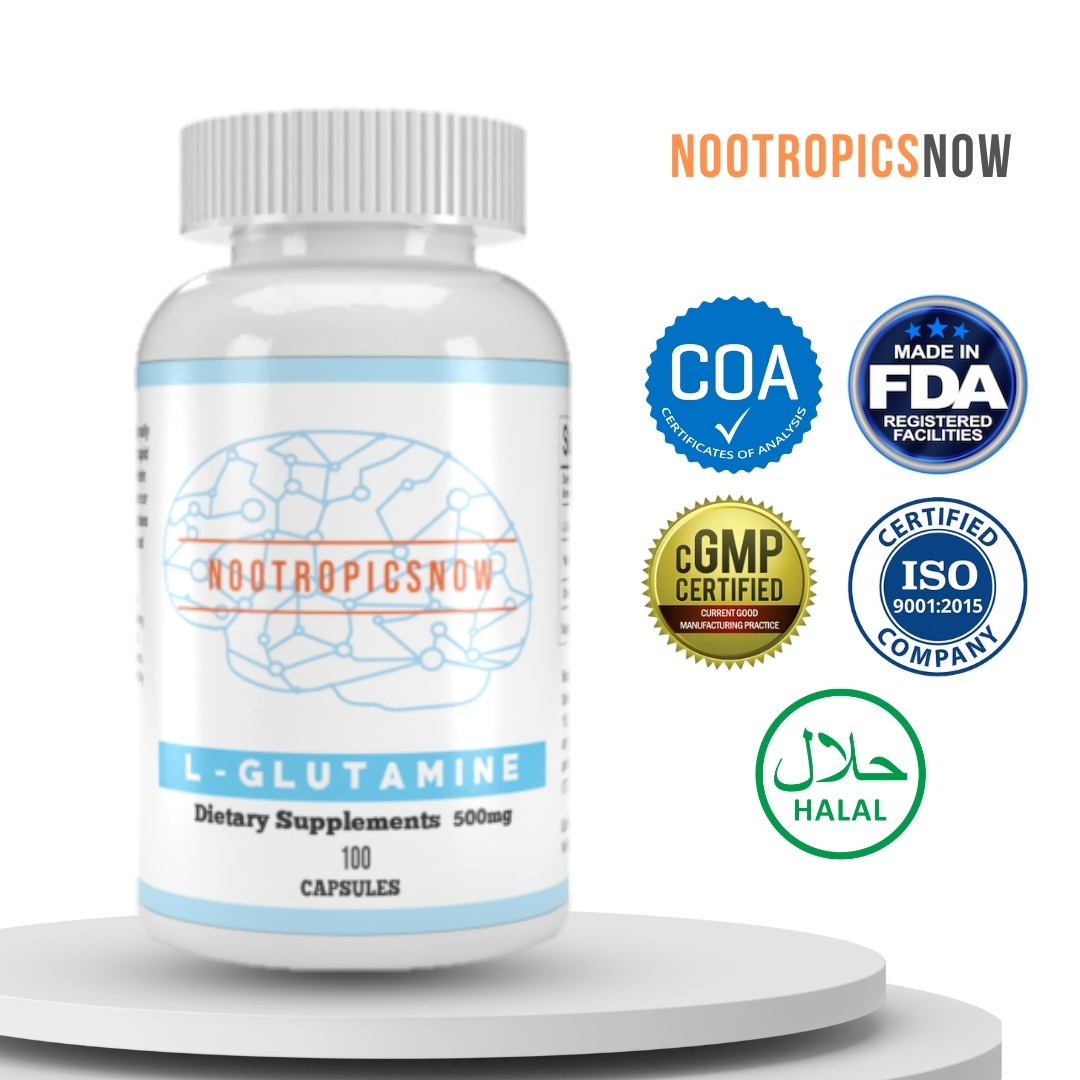L-Glutamine Benefits: Uses, Dosage & Side Effects

L-Glutamine: Unveiling the Power of This Essential Amino Acid
L-Glutamine, a non-essential amino acid, holds significant importance in maintaining overall health and well-being. Although your body naturally produces it, supplementation may become crucial under specific circumstances, such as intense physical activity, illness, or injury. Glutamine plays a myriad of roles, ranging from supporting immune function to promoting gut health. This detailed exploration will delve into its various aspects, including its benefits, potential side effects, optimal dosages, and its role in sports nutrition.
Understanding L-Glutamine: The Basics
L-Glutamine, often simply referred to as glutamine, is the most abundant free amino acid in the human body. Amino acids are the building blocks of proteins, crucial for various physiological processes. It’s classified as a non-essential amino acid because the body can synthesize it from other amino acids, particularly glutamate and ammonia. Nevertheless, certain conditions may increase demand, exceeding the body’s ability to produce adequate amounts.
Key Functions of L-Glutamine
L-Glutamine participates in numerous crucial functions, influencing various aspects of human physiology. These include:
Benefits of L-Glutamine Supplementation
While the body naturally produces L-glutamine, supplementation can offer several benefits, especially under certain conditions.
L-Glutamine and Gut Health: A Closer Look
The gut plays a pivotal role in overall health, influencing immune function, nutrient absorption, and even mental well-being. L-Glutamine is a key player in maintaining a healthy gut. The intestinal lining is a single layer of cells responsible for absorbing nutrients and preventing harmful substances from entering the bloodstream. When the gut lining becomes compromised, a condition known as “leaky gut,” undigested food particles, bacteria, and toxins can leak into the bloodstream, triggering inflammation and immune responses. L-Glutamine helps strengthen the intestinal lining, reducing permeability and preventing leaky gut. It provides the intestinal cells with the energy they need to function optimally, maintaining the barrier function.
L-Glutamine and Immune Function: A Synergistic Relationship
The immune system relies on a constant supply of energy and building blocks to function effectively. L-Glutamine provides essential fuel for immune cells, such as lymphocytes and macrophages, supporting their proliferation and activity. During periods of stress, illness, or injury, the body’s glutamine stores can become depleted, compromising immune function. Supplementation can help replenish these stores, enhancing the immune response and reducing susceptibility to infections. By supporting immune cell function and gut health, L-Glutamine contributes to a more robust and resilient immune system.
L-Glutamine and Sports Nutrition: Optimizing Performance and Recovery
L-Glutamine has gained popularity in the sports nutrition arena due to its potential to enhance athletic performance and recovery. Intense exercise can significantly deplete glutamine stores, leading to muscle fatigue, reduced immune function, and increased risk of overtraining. Supplementation can help replenish these stores, providing several benefits for athletes:
L-Glutamine Dosage and Timing: Optimizing Results
The optimal dosage and timing of L-Glutamine supplementation can vary depending on individual needs and goals. However, general guidelines can help you maximize its benefits.
Potential Side Effects and Precautions
L-Glutamine is generally considered safe for most individuals when taken within recommended dosages. However, some potential side effects and precautions should be considered:
L-Glutamine vs. Glutamate: Understanding the Difference
It’s important to distinguish between L-Glutamine and glutamate, another amino acid closely related to glutamine. While both are involved in nitrogen transport and neurotransmission, they have distinct roles and effects. Glutamate is an excitatory neurotransmitter, meaning it stimulates nerve cells. Excessive glutamate levels can lead to excitotoxicity, damaging or killing nerve cells. L-Glutamine, on the other hand, is converted to glutamate in the brain, but the conversion is tightly regulated, preventing excessive glutamate levels. In fact, glutamine can also be converted to GABA, an inhibitory neurotransmitter, which helps calm nerve cells.
Finding High-Quality L-Glutamine Supplements
When choosing L-Glutamine supplements, consider the following factors:
L-Glutamine for Specific Conditions: Emerging Research
While more research is needed, emerging studies suggest potential benefits of L-Glutamine for various conditions:
Incorporating L-Glutamine into Your Diet: Food Sources
In addition to supplementation, you can increase your glutamine intake through dietary sources. Foods rich in glutamine include:
While dietary sources can contribute to glutamine intake, supplementation may be necessary to achieve therapeutic dosages for specific conditions or goals.
The Future of L-Glutamine Research
Research on L-Glutamine continues to evolve, exploring its potential benefits for various health conditions and athletic performance. Future studies are likely to focus on:
L-Glutamine: A Versatile Nutrient for Optimal Health
L-Glutamine is a versatile amino acid that plays a critical role in maintaining overall health and well-being. From supporting immune function and gut health to enhancing athletic performance and recovery, glutamine offers a wide range of benefits. While your body naturally produces it, supplementation may be beneficial under certain conditions, such as intense exercise, illness, or injury. By understanding its functions, benefits, potential side effects, and optimal dosages, you can effectively utilize L-Glutamine to optimize your health and achieve your goals.
L-Glutamine: Unveiling Its Benefits and Uses
L-Glutamine, frequently referred to as glutamine, is a non-essential amino acid with significant roles in various physiological processes. Representing the most abundant free amino acid in human plasma and intracellular amino acid pool, glutamine contributes approximately 30-35% of all amino acids found in blood plasma[5]. Unlike essential amino acids, the human body can synthesize glutamine from other amino acids like glutamate and ammonia, especially within the muscles and, to a lesser extent, the liver and brain. Yet, during periods of intense physical stress, illness, or injury, the demand for glutamine may exceed the body’s capacity to produce it, thus turning it into a conditionally essential amino acid.
The Multifaceted Functions of L-Glutamine
L-Glutamine participates in a remarkable array of physiological activities crucial for maintaining overall health and well-being. Primarily, it serves as a vital building block for proteins, thus supporting tissue repair and muscle growth[2]. Furthermore, glutamine plays a critical role in immune function, serving as a primary energy source for immune cells like lymphocytes and macrophages. Without sufficient glutamine, the immune system’s ability to respond effectively to infections and illnesses becomes compromised. In addition to its roles in protein synthesis and immune function, glutamine contributes significantly to gut health by maintaining the integrity of the intestinal lining[3].
Additionally, it aids in nitrogen transport between tissues, preventing ammonia accumulation. Glutamine is also involved in gluconeogenesis (glucose production from non-carbohydrate sources) and acts as a precursor for the synthesis of nucleotides and glutathione. Glutathione acts as a major antioxidant, thus protecting cells from oxidative stress.
L-Glutamine’s Role in Gut Health
The gut, housing trillions of microorganisms, profoundly affects our overall health. L-glutamine acts as a primary energy source for the cells lining the intestines, thus maintaining the integrity of the intestinal barrier and preventing “leaky gut”[3]. Leaky gut syndrome, characterized by increased intestinal permeability, allows toxins, bacteria, and undigested food particles to enter the bloodstream. This triggers systemic inflammation and contributes to various health issues like autoimmune diseases, allergies, and digestive disorders.
Furthermore, glutamine supplementation helps reduce intestinal permeability, improve nutrient absorption, and support a healthy gut microbiome. By strengthening the intestinal barrier, glutamine minimizes inflammation and protects the body from harmful substances. In addition, it improves digestion and helps to relieve symptoms of digestive disorders like irritable bowel syndrome (IBS) and inflammatory bowel disease (IBD).
Muscle Growth and Recovery with L-Glutamine
Athletes and fitness enthusiasts often utilize L-glutamine supplements to aid in muscle recovery and reduce muscle soreness following intense exercise. Strenuous workouts deplete glutamine levels in the muscles, leading to muscle fatigue and reduced performance. Supplementing with glutamine helps replenish these depleted stores, promoting faster muscle recovery and reducing muscle damage.
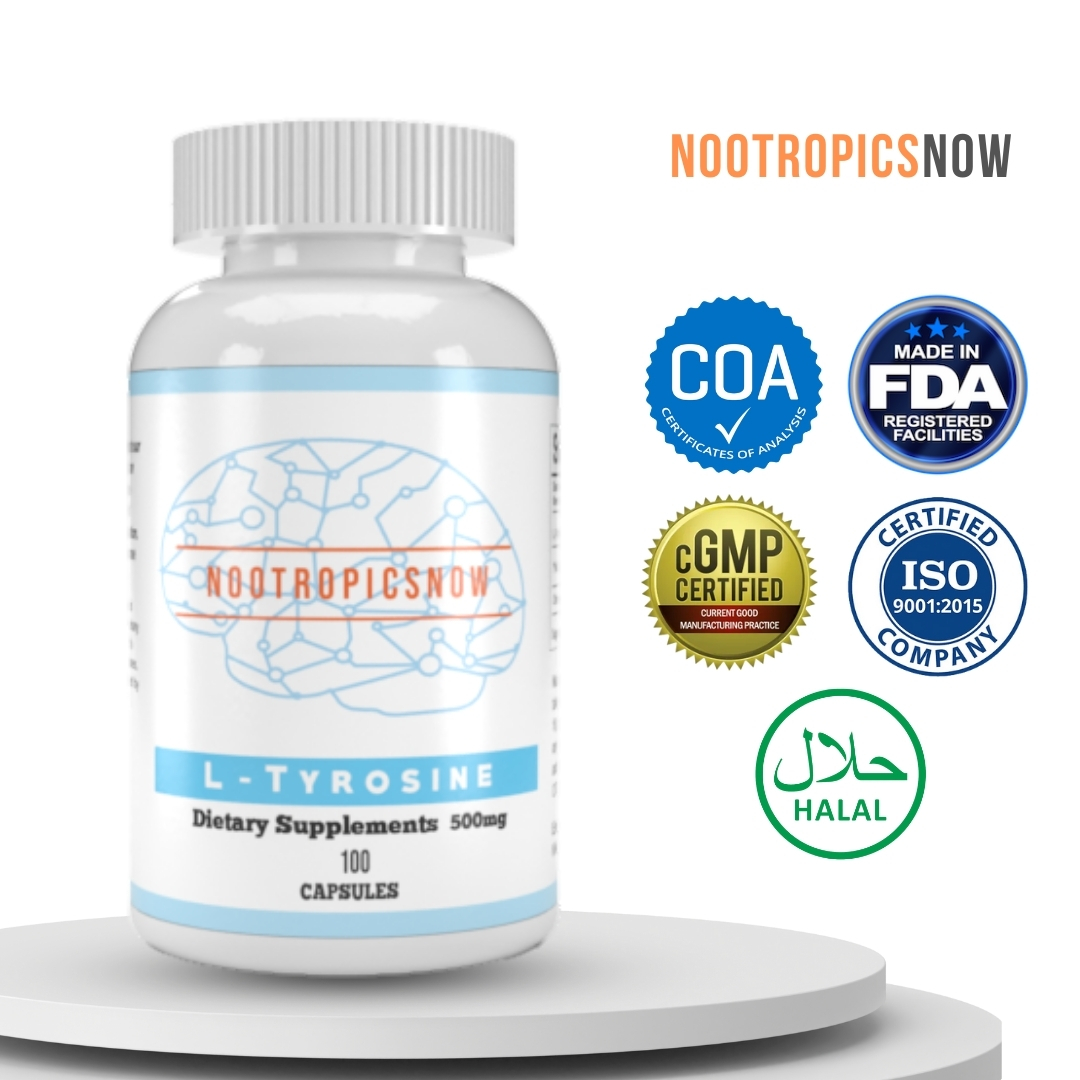
View Product
In particular, the reduction of muscle damage is important. Glutamine contributes to protein synthesis, aiding in muscle repair and growth. It also reduces muscle breakdown (catabolism), preserving muscle mass during periods of calorie restriction or intense training.
Moreover, glutamine can enhance glycogen synthesis, thus replenishing energy stores in muscles. This improves endurance and enhances athletic performance. In addition, it also promotes hydration by increasing electrolyte absorption in the intestines, which is crucial for optimal muscle function during exercise.
Immune System Support Through Glutamine Supplementation
The immune system relies heavily on glutamine for optimal function. Immune cells, including lymphocytes, macrophages, and neutrophils, utilize glutamine as a primary fuel source. During illness or stress, the demand for glutamine by immune cells increases significantly. Supplementation with glutamine ensures that the immune system has adequate resources to fight off infections and maintain a robust immune response. Furthermore, glutamine also enhances the production of cytokines, signaling molecules that regulate immune cell activity. Moreover, it supports the function of natural killer (NK) cells, which play a critical role in eliminating virus-infected and cancerous cells.

View Product
Additionally, it reduces inflammation by modulating the production of inflammatory cytokines, thus preventing excessive immune responses that can harm the body. In summary, glutamine supplementation strengthens the immune system, increases resistance to infections, and supports overall immune health.
Exploring the Cognitive Benefits of L-Glutamine
L-Glutamine plays a vital role in brain health and cognitive function. It serves as a precursor to the neurotransmitter glutamate, which is essential for synaptic transmission and neuronal activity. Glutamate, although crucial, can become toxic in excess. Therefore, glutamine helps regulate glutamate levels in the brain, preventing excitotoxicity, a condition where excessive glutamate damages neurons. Glutamine also participates in the glutamine-glutamate cycle, a metabolic pathway that helps recycle glutamate, maintaining a balance of excitatory and inhibitory neurotransmitters.
Furthermore, glutamine promotes the synthesis of gamma-aminobutyric acid (GABA), an inhibitory neurotransmitter with calming effects on the brain. This helps reduce anxiety, improve mood, and promote relaxation. In addition, glutamine also protects brain cells from oxidative stress by increasing glutathione production, thus supporting cognitive function and preventing neurodegenerative diseases.
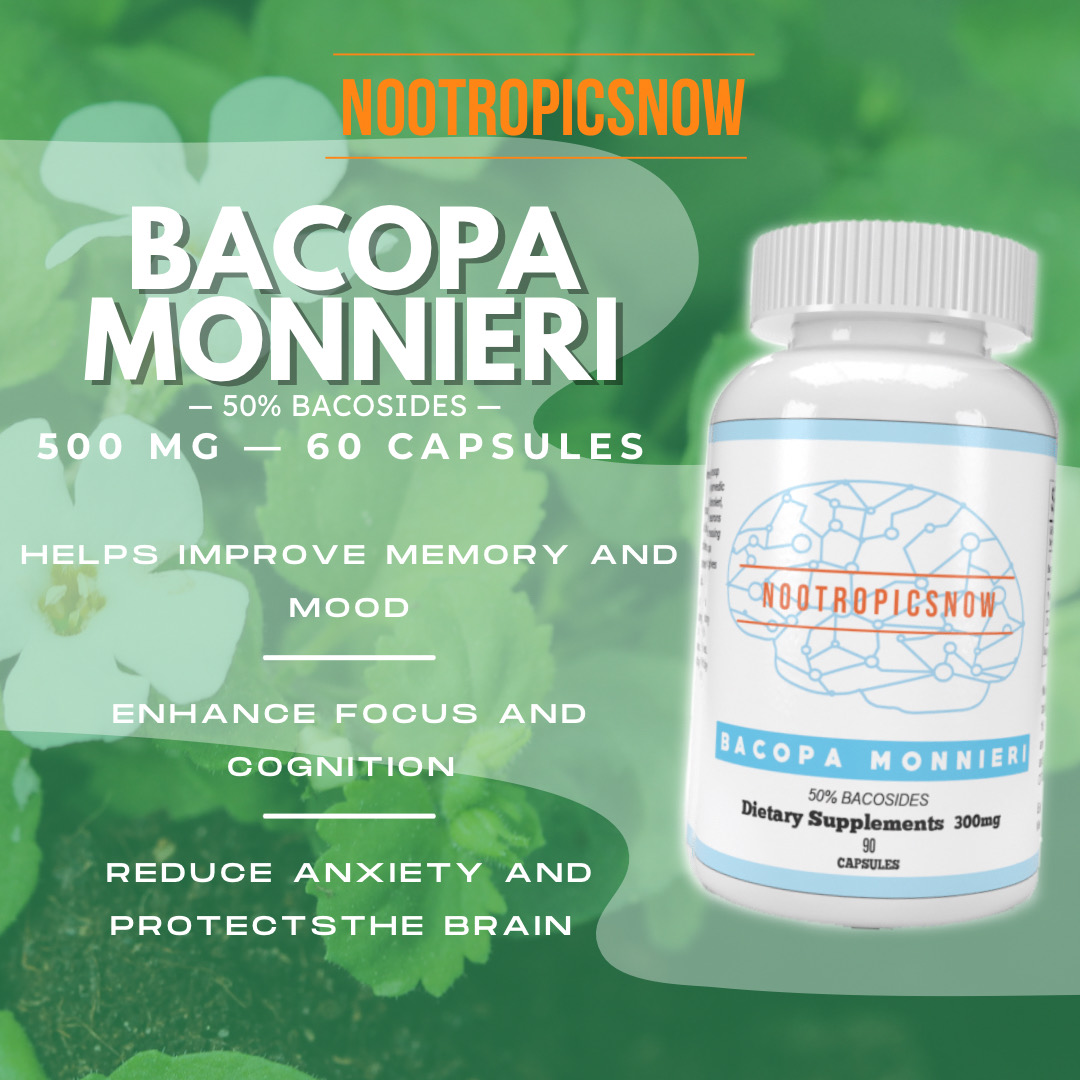
View Product
Studies suggest that glutamine supplementation can improve memory, focus, and overall cognitive performance.
L-Glutamine in Sickle Cell Disease
The FDA has approved L-glutamine oral powder (Endari) for reducing severe complications in sickle cell disease (SCD) patients aged five years and older. Sickle cell disease is a genetic disorder characterized by abnormally shaped red blood cells that can block blood flow, leading to pain crises, organ damage, and other complications. Glutamine helps reduce oxidative stress in sickle cells, improving their flexibility and reducing their tendency to stick together. This improves blood flow and reduces the frequency and severity of pain crises. Furthermore, it helps to prevent damage to organs caused by sickle cell disease, improving overall quality of life for affected individuals.
In a clinical trial, patients treated with L-glutamine experienced fewer pain crises, hospitalizations, and blood transfusions compared to those receiving a placebo. While not a cure for sickle cell disease, L-glutamine provides a valuable treatment option for managing its complications and improving patient outcomes.
L-Glutamine Dosage and Safety
The appropriate dosage of L-glutamine varies depending on individual needs and health conditions. For general health maintenance and immune support, a daily dose of 500 mg to 3 grams is typically recommended. Athletes and individuals engaged in intense training may benefit from higher doses, ranging from 5 to 10 grams per day, split into multiple servings.
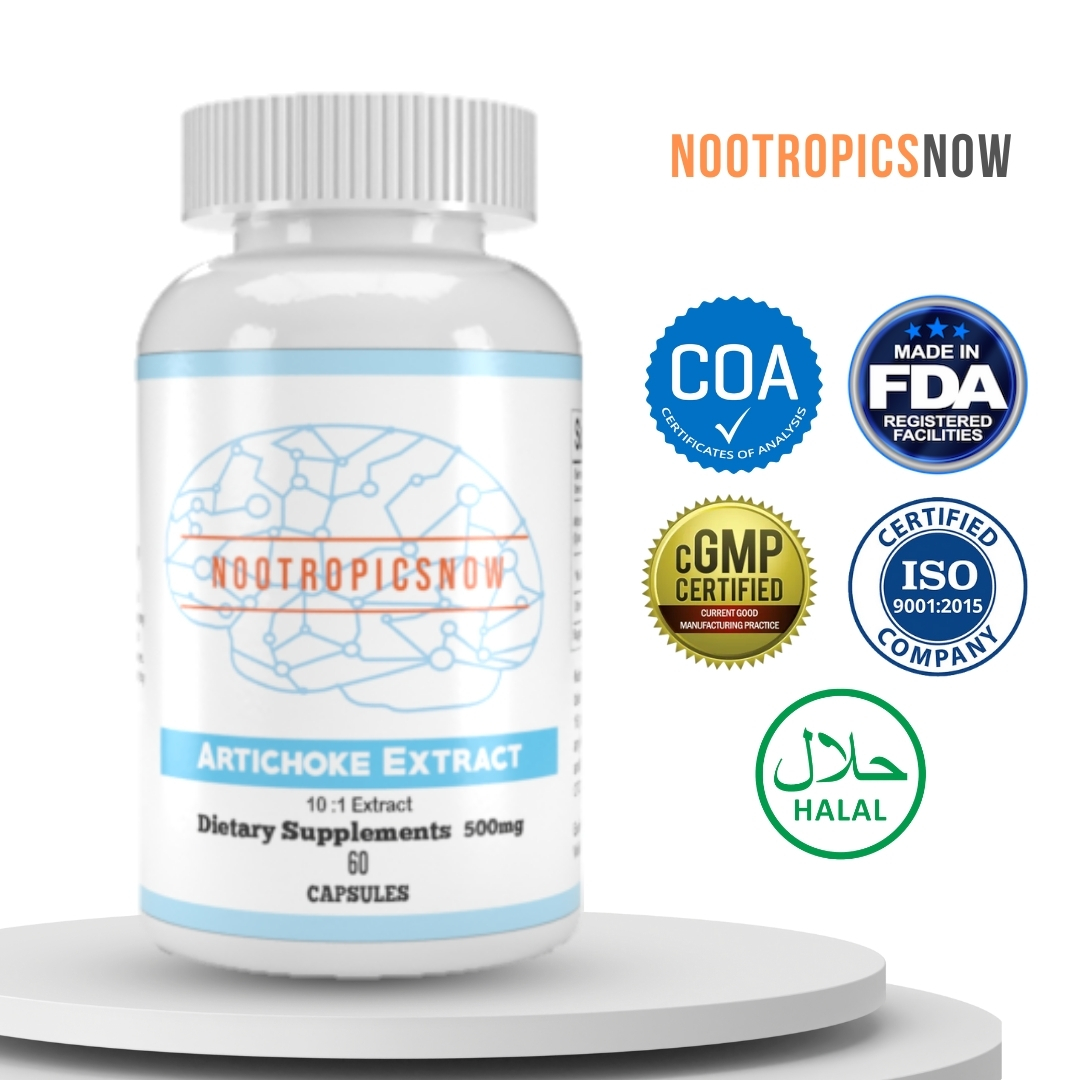
View Product
For individuals with specific medical conditions like sickle cell disease or leaky gut syndrome, a healthcare professional should determine the appropriate dosage.
L-glutamine is generally considered safe for most people when taken within recommended dosages. However, some individuals may experience mild side effects, including nausea, constipation, abdominal pain, cough, or headache[1]. It is essential to start with a low dose and gradually increase it to assess tolerance.
In rare cases, high doses of glutamine may cause more severe side effects, such as allergic reactions or interactions with certain medications. Individuals with kidney or liver disease should consult with a healthcare provider before taking glutamine supplements. Pregnant or breastfeeding women should also seek medical advice before using glutamine, as its safety during these periods has not been extensively studied.
Food Sources of L-Glutamine: A Dietary Perspective
Incorporating L-glutamine-rich foods into your diet can help ensure adequate intake of this important amino acid. Animal proteins, such as beef, chicken, fish, and eggs, are excellent sources of glutamine. Dairy products, including milk, yogurt, and cheese, also contain significant amounts. Plant-based sources of glutamine include beans, spinach, parsley, red cabbage, and beets. Bone broth, made by simmering animal bones for extended periods, is another rich source of glutamine and other beneficial nutrients. Including a variety of these foods in your diet can help maintain optimal glutamine levels and support overall health. However, supplementation may be necessary for individuals with specific needs or conditions.
L-Glutamine: Weight Management and Metabolism
Emerging research suggests that L-glutamine may play a role in weight management and metabolism. Some studies indicate that glutamine supplementation can promote short-term weight loss by altering the composition of the gut microbiome, reducing inflammation, and improving insulin sensitivity[4].
View Product-Nootropic-Boost-Weight-Loss-Energy-Alert-NOT-TEA-i.202321183.7175517508)
A healthy gut microbiome is essential for regulating metabolism and energy balance. Glutamine helps to support a balanced gut flora, promoting the growth of beneficial bacteria and reducing the abundance of harmful ones. This can lead to improved digestion, nutrient absorption, and metabolic function. Additionally, glutamine reduces inflammation, a key factor in obesity and metabolic disorders. Chronic inflammation can disrupt insulin signaling, leading to insulin resistance and impaired glucose metabolism. Glutamine can help improve insulin sensitivity, allowing cells to utilize glucose more effectively and reducing the risk of developing type 2 diabetes.
Conclusion: L-Glutamine’s Significance
L-glutamine is a crucial amino acid with diverse roles in maintaining overall health and well-being. Its contributions to protein synthesis, immune function, gut health, muscle recovery, and brain function make it an important nutrient for everyone. Supplementation with L-glutamine can be beneficial for athletes, individuals with certain medical conditions, and those seeking to support their immune and cognitive health.
View Product-Nootropic-Brain-Booster-Amino-Acid-Energy-Exercise-i.202321183.23955994962)
However, it is essential to use glutamine supplements safely and responsibly, following recommended dosages and consulting with a healthcare professional when necessary. By understanding the benefits and uses of L-glutamine, you can make informed choices to support your health and enhance your quality of life. As with any supplement, professional guidance is always the best first step in adopting new strategies for maintaining your health.


